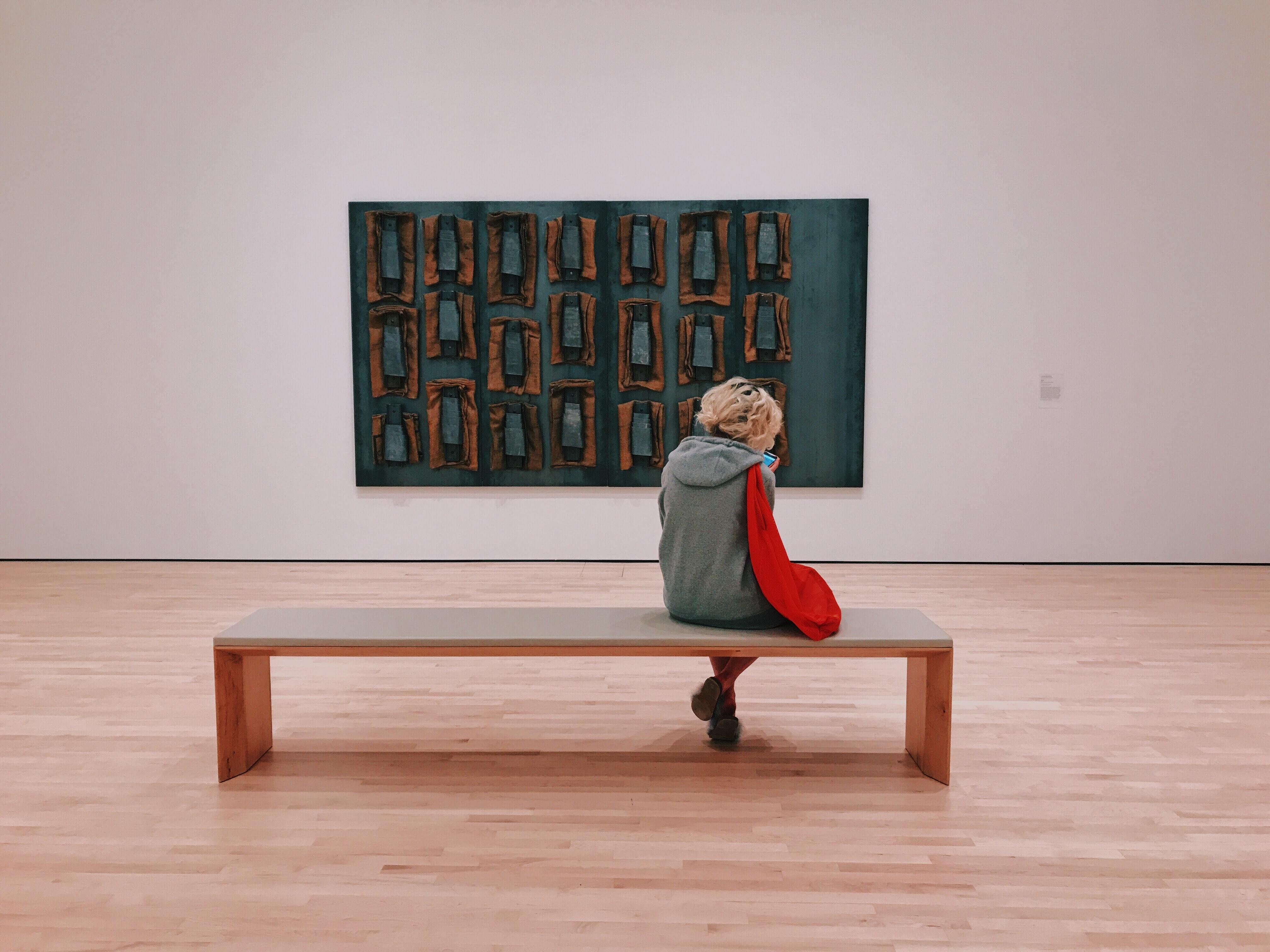Survey: Museums, museum professionals and COVID-19

ICOM and UNESCO release their full reports
The COVID-19 pandemic has disrupted the activities of museums all over the world, threatening their financial survival and the livelihood of thousands of museum professionals.
To gather information on how the ongoing COVID-19 outbreak is affecting and will affect the cultural sector in the short and long term, ICOM launched a global survey to analyse the impact of lockdowns. The survey covered 5 themes: the current situation for museums and staff, predicted economic impact, digital and communication, museum security and conservation of collections, freelancer museum professionals.
The report has analysed almost 1,600 responses from museums and museum professionals, in 107 countries and across continents, which were collected between 7 April and 7 May 2020.
In parallel, UNESCO Report “Museums Around the World in the Face of COVID-19” (May 2020) contains the results of UNESCO’s world-wide survey conducted on the impact of COVID-19 on museums. The report provides new insights into the numbers and key trends of museums around the world, the measures museums have taken in response to the pandemic and actions proposed for the aftermath of the crisis. The report underscores the resilience of museums, as well as the challenges they face in their efforts to continue to promote access to culture.
Summary of findings
- In April, almost all museums around the world were closed because of the COVID-19 pandemic, according to 94,7 % of respondents.
- During the lockdown, many museums enhanced their digital activities. Although almost half of the respondents replied that their museum already had a presence on social media or shared its collections online before the lockdowns, digital communication activities analysed by the survey increased for at least 15 % of the museums, and in particular social media activities increased for more than half of the museums that participated.
- Most museum professionals worked remotely: in 84% of the museums that responded, at least part of the staff worked remotely during the lockdowns.
- The situation for permanent employees seems comparatively stable. Still, in 6% of cases contracts were not renewed or terminated.
- However, the situation for freelance museum professionals is alarming: 16,1 % of the respondents said they were temporarily laid off, and 22,6 % did not have their contracts renewed. The freelance sector is very fragile: 56,4 % of the respondents stated that they will have to suspend the payment of their own salary as a result of the crisis, 39,4 % said their firms will reduce staff.
- Similarly, almost all museums around the world will reduce their activities because of the consequences of the COVID-19 pandemic, nearly one third of them will reduce staff, and more than one tenth may be forced to close permanently. 82,6 % of the respondents anticipate that museum programmes will have to be reduced and 29,8 % expect that the number of staff will have to be reduced. 12,8 % of participants fear that their museum might close.
- The closures will particularly affect those regions where museums are recent and few and where structures are still fragile: in African, Asian and the Arab countries 24, 27 and 39 % respectively fear that museums may close, compared to only in 12% Latin America and the Caribbean, 10% North America and 8% Europe.
- In general, security and conservation of heritage in museums continued throughout the lockdown: about 80 % of the respondents said that security and conservation measures were maintained or increased to cope with the lack of staff members onsite. However, in Africa, Latin America and the Caribbean these measures were considered to be insufficient by almost 20 % of the respondents.
Once again, ICOM, representing the international museum community, calls on policy and decision-makers to urgently allocate relief funds to assist museums and their professionals, so that they can survive the crisis and continue their vital public service mission. The recovery of our economies and the healing process for our societies after the COVID-19 crisis will be long and complex. Museums, as key protagonists in local development and as incomparable places for people to meet and learn, will have an important role to play in rebuilding the local economy and repairing the social fabric of affected communities.